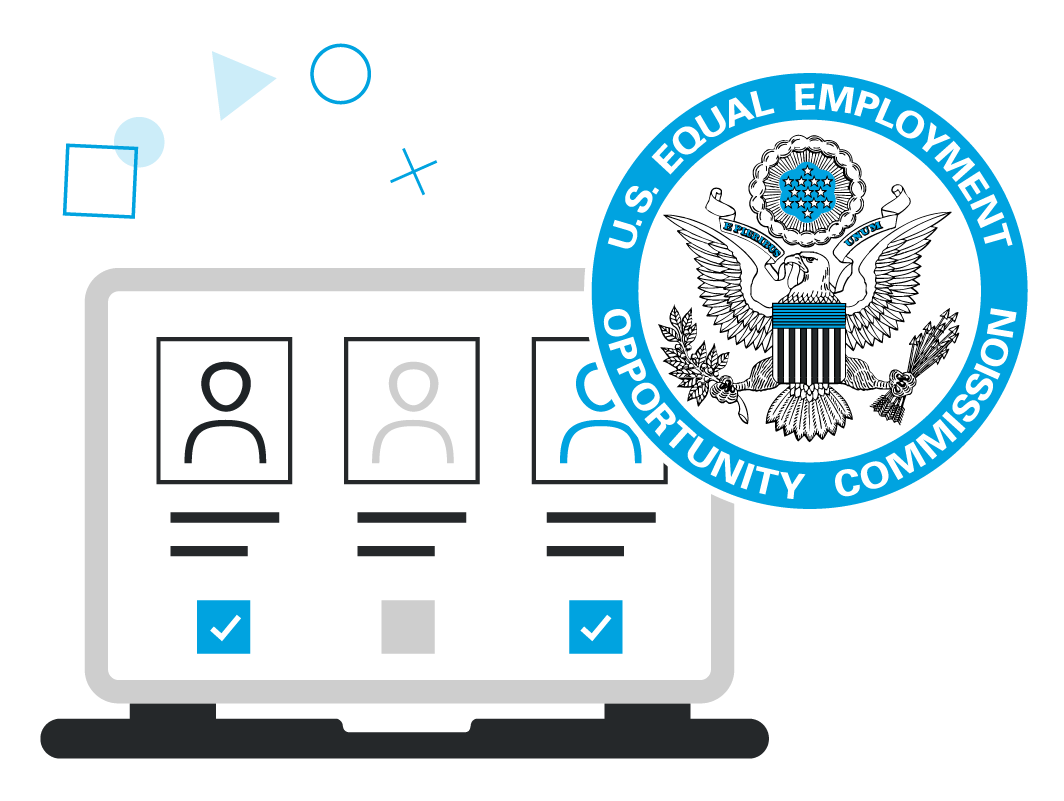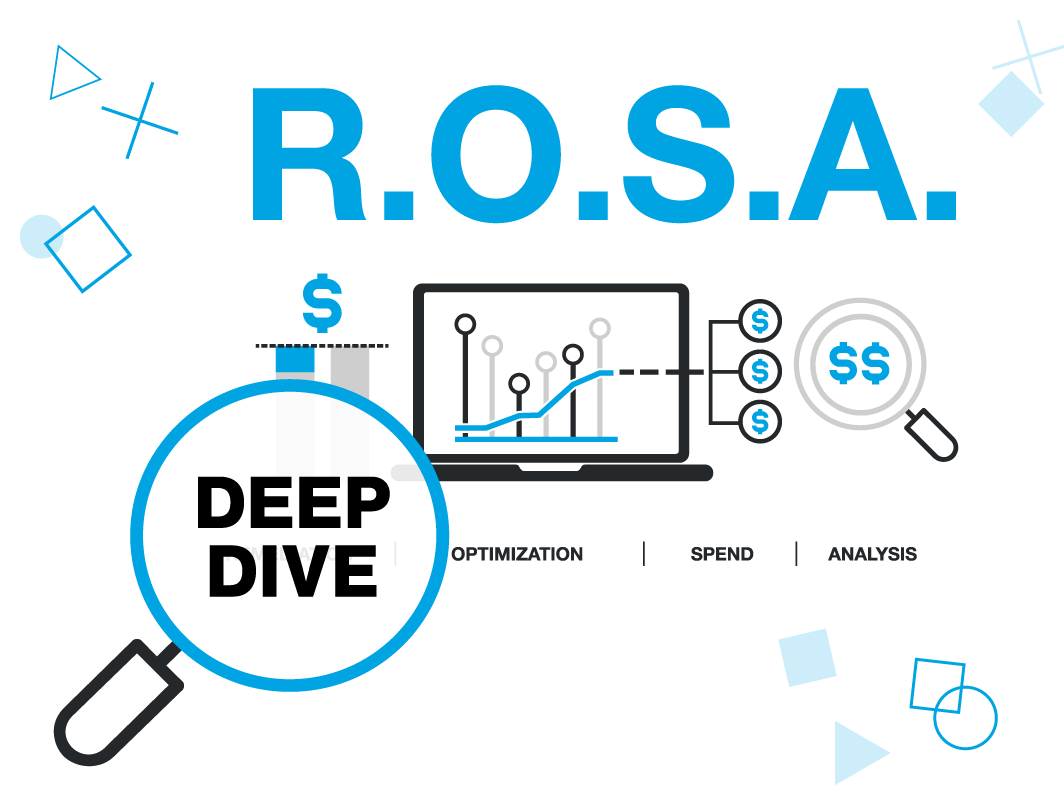
![]()
Illinois has stepped up its commitment to closing the gender pay gap by introducing pay transparency requirements for employers. Signed by Governor Pritzker on August 11, 2023, Bill HB3129 comes into effect on January 1, 2025.
In this article, we highlight Illinois Equal Pay Act amendments, and how employers can navigate these changes effectively.
The new wage transparency law applies to all Illinois employers with 15 employees or more, and affects positions that are:
- Physically carried out (either partly, or in full) in Illinois; or
- Physically performed outside of Illinois but require employees to report to a supervisor, office, or other worksite in the state.
Job posting compliance Illinois
Job posting requirements are changing. Key pay transparency requirements for the hiring process include the following:
- Every job listing must include “pay scale and benefits information” for the position.
- Pay scale and benefits information is defined as “the wage or salary, or the wage or salary range, and a general description of the benefits and other compensation, including, but not limited to, bonuses, stock options, or other incentives the employer reasonably expects in good faith to offer for the position, set by reference to any applicable pay scale, the previously determined range for the position, the actual range of others currently holding equivalent positions, or the budgeted amount for the position, as applicable.”
- Unlike pay transparency requirements in other states, Illinois employers may provide pay scale and benefits information by including a hyperlink to a publicly viewable webpage.
- Third party job postings: Employers using a third party (agencies) for job postings, must provide pay scale and benefits information. Third parties must then provide that information in job postings.
- Employer responsibilities pay disclosure: Job postings aren’t compulsory, but job applicants must be given pay scale and benefits information. Salary information must be provided prior to any conversations around compensation, or on request.
- Records of pay scale and benefits information for each position and job posting must be retained for five years.
Additional hiring process changes Illinois: While the current salary history ban remains in place, employers can ask candidates about their wage or salary expectations.
Penalties for non-compliance range from $500-$10,000 per violation for job postings active at the time of the violation.
Emerging trend of opportunity equity
Illinois Equal Pay Act Amendments also hint at an emerging trend; that of opportunity equity.
Opportunity equity is the practice of giving all workers equal access to opportunities for employment, development, and career advancement. That’s irrespective of their gender, race/ethnicity, age and other personal attributes.
Internal promotion opportunities are also included in Illinois’ pay transparency requirements. Employers must ensure “all current employees” are aware of all promotional opportunities no later than 14 calendar days after making an external job posting. Exactly which employees are covered is still unclear.
Illinois follows Colorado’s Amended Equal Pay Act in expanding promotion opportunities and workplace equality for all, but its efforts don’t stop there.
Significance of Illinois Equal Pay Act amendments
Make no mistake, Illinois is determined to close the gender pay gap and improve conditions for marginalized workers. In addition to stringent pay equity laws, Illinois is also a trail-blazer in making strides towards equal pay.
Alongside New Jersey, it is one of just two states aiming to ensure fair compensation and equal treatment of temporary workers. HB2862 significantly expands Illinois’ Day and Temporary Labor Services Act, and includes an equal pay mandate for temporary workers.
Signed on August 4, 2023, the bill came into effect immediately.
The latest pay transparency requirements cement the state’s position as one of the frontrunners in the pay equity movement.
Employer implications pay transparency next steps
Illinois joins numerous states and cities in introducing pay transparency requirements. Most recently Hawaii introduced pay transparency legislation, effective from 2024.
Pro-active employers can adopt strategies now to prepare for January 1, 2025 :
- Evaluate and record pay scale and benefits information for all positions where employees either (i) currently work, fully or “in part,” in Illinois, or (ii) report to a supervisor, office, or other worksite in Illinois.
- Job posting compliance Illinois: Legislation applies to all job postings from January 1, 2025. Now is the time to review your existing job posting templates to ensure compliance.
- Carry out a pay equity audit to identify pay disparities in your compensation structure and evaluate their root causes. An intersectional audit is the only way to ensure your pay structure is fair. Intersectionality is one of the key differentiators for Trusaic PayParity.
- Set equitable, explainable, and competitive salary ranges. All salary information in external job postings will become public under new pay transparency legislation.
- Review the Illinois Department of Labor website for ongoing clarification or guidance.
Moving towards national pay transparency
We strongly encourage all employers to commit to pay transparency. Including salary ranges in your job listings offers numerous benefits including:
- Millennials and Generation Z prioritize pay equity, claiming salary is the #1 reason they leave jobs. Pay transparency also supports more open conversations around career progress, which is essential to achieve opportunity equity.
- A policy of fair pay attracts talent to your vacancies. 6 in 10 job seekers say that including a salary range on a job listing is their top reason in deciding to apply.
- Two-thirds of workers would change jobs to work for an organization with greater pay transparency than their current employer.
Further, the introduction of HR1599, the Salary Transparency Act, means that no employer can afford to ignore potential pay transparency requirements. If successful, it will require all organizations, regardless of size or number of employees, to:
- Disclose pay ranges in job listings.;
- Provide wage ranges to job applicants.
- Provide that same information to existing employees.



